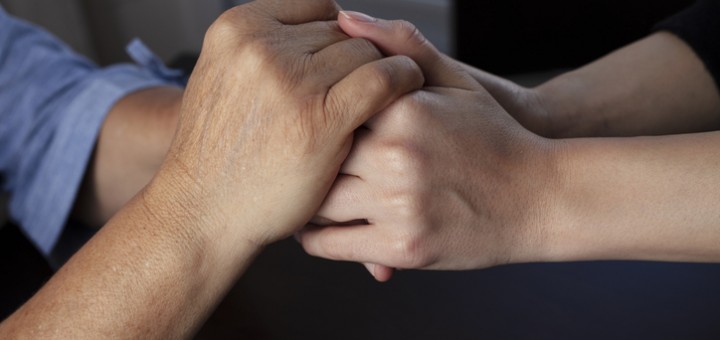This summer, the New York Times ran a full-page, front-section article entitled, “If Loneliness Is an Epidemic, How Do We Treat It?” The authors wrote, “More than one-fifth of Americans over 18 say they often or always feel lonely or socially isolated.” And they went on to quote Surgeon General Vivek Murthy, who said, “Addressing the crisis of loneliness and isolation is one of our generation’s greatest challenges.”
The good news is we have the antidote! The OFJCC is inoculating our community against this epidemic. We are addressing this challenge one person at a time, one day at a time, one program at a time. That’s the sacred responsibility we have here at the OFJCC 365 days of the year. And it’s working—like it did with Diane.
When Diane moved to our area just before the pandemic, she didn’t know anyone here. Other than seeing her husband, who was living in a facility for aging adults, and her son’s family occasionally, she did nothing to get out of her house. She was not working out. She was not hanging out. She was not doing much of anything but getting by. But then she came to the JCC for one of our arts programs, and it “allowed her to rejoin the world.”
Diane now comes to plays and musical performances, and she goes on trips with us regularly. She said she never signed up to do anything by herself before coming to the JCC, but now she does it often—and enjoys it!
By helping people like Diane make friends here at the OFJCC, we are giving them a way to connect, which is one of the most crucial needs that everyone has in life. But it’s not just adults who need this connection; kids need it too—kids like Soren, who desperately craved a sense of belonging.
Soren’s parents told us that their family had been through two of the most difficult years in their lives. They had experienced job loss, a cross-country move, selling their family home after 13 years, the loss of a family member to COVID, mental health challenges and Soren moving between four different schools within two years. Summer came at a crucial moment when Soren was “irritable, addicted to his screen, and missing his friends from across the country.” They were unsure about whether Maccabi Sports Camp would be right for Soren, but sure enough, by the end of the summer, it became Soren’s “favorite place.”
Soren’s parents told us that the OFJCC’s Maccabi Sports Camp “blew away all [their] expectations!” They said Soren came back “transformed” – no longer “a moody kid who didn’t want to go outside, he became kinder and more generous.” They appreciated the “values, the safety, and the connection,” and are grateful for what we did “for [their] entire family.”
Connection, community and a sense of belonging are some of the ways to combat loneliness. Whether you come to the JCC to exercise with a trainer or do yoga with a group of friends; whether you come to take a class or have an Israeli experience in Hebrew; whether you drop your kids off at the Leslie Family Preschool and say hi to another parent or grab a coffee from the Nourish Café; whether you come to see a show or schmooze with a neighbor; we promise you will find your friends here.
The aforementioned New York Times article says that the medical system can’t fix the epidemic of loneliness but quotes the Surgeon General who suggests one solution could be “…beefing up community organizations that bring neighbors together.”
We couldn’t agree more! So, if you’re inclined to heed the words of our Surgeon General and would like to help “beef up” this community organization, please email me. We would love your help transforming the lives of more people like Diane and Soren. Together with your support, we can do our part to help end the Loneliness Epidemic.







Comments are moderated and will not appear immediately.